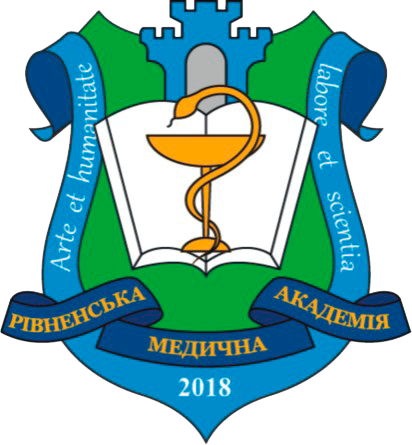RETROSPECTIVE ANALYSIS OF THE FORMATION OF BILINGUAL-BICULTURAL COMPETENCE OF FUTURE TRANSLATORS OF MEDICAL DISCOURSE
DOI:
https://doi.org/10.32782/health-2023.4.38Keywords:
bilingual-bicultural competence, interpreters’ professional training, retrospective analysis, international communication, medical discourseAbstract
This scientific study on the topic “Retrospective analysis of the formation of bilingual-bicultural competence of future translators of medical discourse” is devoted to the historical origins of the formation of bilingual-bicultural competence of future translators who specialize in medical discourse. The authors investigate the evolution of pedagogical approaches to the professional training of philology students. In particular, key aspects of bilingualism and biculturalism development, such as linguistic skills, cultural competence and transnational communication, are considered. The work analyzed the aspects of future interpreters professional training in the medical field and carried out a retrospective analysis of approaches to the formation of bilingual-bicultural competence of future interpreters in the process of their professional training. The purpose of this study is to deeply understand how changes in society and the socio-cultural context affect the formation of key competencies in medical discourse future interpreters, which can serve as a basis for further improvements in the process of their professional training. The research is based on the analysis of historical aspects of foreign languages teaching and learning in the context of interpreters training, as well as on key aspects of the development of bilingualism and biculturalism. The article is highly relevant considering growing popularity of international cooperation in the field of medical interpreting. The conclusions of the article can be used to improve the training of interpreters who specialize in medical topics and improve the quality of medical interpretation in the international context. The results indicate the need for continuous improvement of training methods to ensure a high level of bilingual and bicultural competence of future medical interpreters in modern international communication.
References
Гриньова В.М. Формування педагогічної культури майбутнього вчителя (теоретичний та методологічний аспекти) : авторефер. дис. … канд. пед. наук : 13.00.08. Київ : Інститут педагогіки і психології професійної освіти АПН України, 2001. 40 с.
Зінукова Н.В. Формування фахової компетентності усного перекладача: сучасні методологічні підходи. Збірник наукових праць «Педагогічні науки», LXXVII (2), 2017. С. 53–61.
Кондрашова Л.В. Процес викладання у вищій школі. Кривий Ріг : КГПУ. 2000. 122 c.
Мельничук І.Я. Формування рефлексивних механізмів цілеутворення у процесі розв’язання професійно-психологічних завдань : автореф. канд. дис. Київ : НПУ ім. М.П. Драгоманова. 2001. 16 c.
Ніколаєва С.Ю. Методика навчання іноземних мов і культур: теорія і практика : підручник для студентів класичних, педагогічних та лінгвістичних університетів. Київ : Ленвіт, 2013. 145 c.
Семенец О.Е. Історія перекладу. Середньовічна Азія, Східна Європа XV–XVIII ст. : навчальне видання. Київ : Либідь, 2001. 211c.
Фінкель О.М. Теорія й практика перекладу. Харків, 2009. 256 c.
Шмігер Т.В. Історія українського перекладознавства ХХ сторіччя: ключові проблеми та періодизація : автореф. дис. … канд. пед. наук : 13.00.02. Київ, 2008. 17 c.
Юркевич О.М. Переклад філософських текстів в Україні: історія і сучасність. Філософські обрії. № 22. 2009. С. 236–253.
Gateway to education: Socrates – European Community action program in the field of education (2000–2006). European Commission, Education and Culture. Luxembourg : Office for Official Publications of the European Communities, 2000. 11 c.





